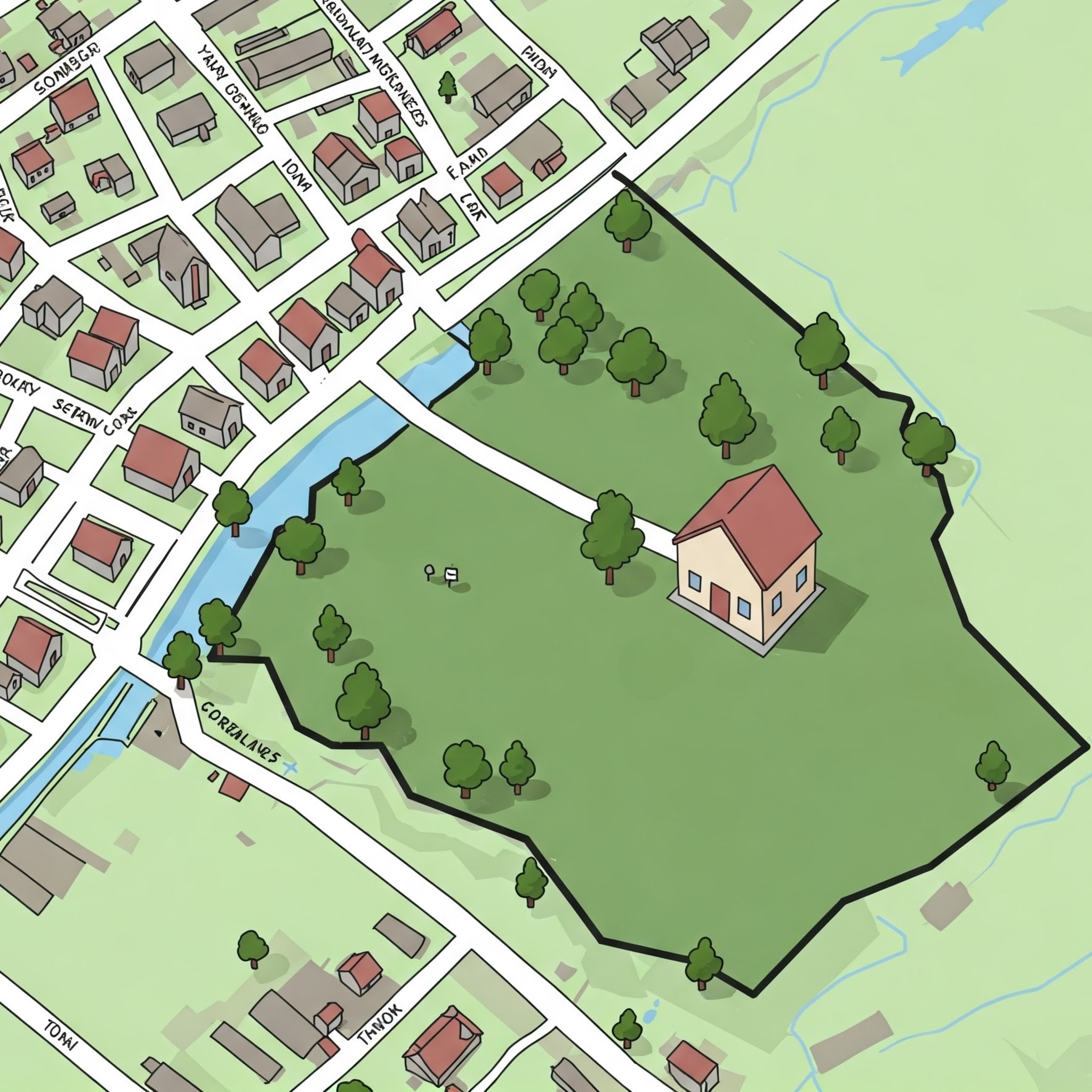Out
Definition
The term "out" is used to indicate movement away from a place, position, or enclosure, or the state of being outside. It can function as an adverb, preposition, adjective, noun, or verb, depending on the context, often implying exposure, ejection, or availability.
Parts of Speech
- Adverb
- Preposition
- Adjective
- Noun
- Verb
Pronunciation
American English
- IPA Pronunciation: /aʊt/
- Respelling: OWT
British English
- IPA Pronunciation: /aʊt/
- Respelling: OWT
Etymology
The word "out" originates from Old English "ūt," meaning "out, away, or without," derived from Proto-Germanic "*ūt" and Proto-Indo-European "*ud-" (up, out). It has been used in English since before the 12th century to describe movement, location, or state.
Derivatives
- Outward (adjective/adverb)
- Outing (noun)
- Output (noun/verb)
- Outcast (noun/adjective)
- Outdo (verb)
Synonyms
- Outside
- Away
- Exposed
Antonyms
- In
- Inside
- Contained
Usage
The term "out" is widely used in both literal and figurative contexts. For example: "He went out for a walk," or "The secret is out now."
Related Terms
- External: Relating to the outside or outer part of something.
- Exit: A way out of a place or situation.
- Exposure: The state of being uncovered or revealed.
Detailed Definitions
Adverb
- Moving or appearing away from a place: Indicates motion from the interior to the exterior.
- Example: "She went out of the room."
- In the open or exposed: Refers to being outside or visible.
- Example: "The truth is finally out."
Preposition
- Beyond the limits of: Describes a position outside of a specified area.
- Example: "He lives just out of town."
Adjective
- No longer inside or active: Indicates something that is absent, unavailable, or inactive.
- Example: "The lights are out."
Noun
- An act or means of escape: Refers to a way to leave or resolve a situation.
- Example: "He was looking for an out from the agreement."
Verb
- To reveal or expose something or someone: Often used in the context of bringing hidden information to light.
- Example: "The journalist outed the scandal."
out



🇨🇳 Mandarin
- 出去 (chūqù)
- IPA Pronunciation: /ʈʂʰu˥˥ t͡ɕʰy˥˩/
- Respelling in English: choo-chyoo
- 掉出 (diàochū)
- IPA Pronunciation: /tjaʊ̯˥˩ t͡ʂʰu/
- Respelling in English: dyaow-choo
🇮🇳 Hindi
- बाहर (baahar)
- IPA Pronunciation: /bɑːhər/
- Respelling in English: baahar
- निकल (nikal)
- IPA Pronunciation: /nɪkəl/
- Respelling in English: nikal
🇪🇸 Spanish
- fuera
- IPA Pronunciation: /ˈfwe.ɾa/
- Respelling in English: fwe-ra
- afuera
- IPA Pronunciation: /aˈfwe.ɾa/
- Respelling in English: a-fwe-ra
🇫🇷 French
- dehors
- IPA Pronunciation: /də.ɔʁ/
- Respelling in English: duh-or
- sortir
- IPA Pronunciation: /sɔʁ.tiʁ/
- Respelling in English: sor-teer
🇸🇦 Modern Standard Arabic
- خارج (khaarij)
- IPA Pronunciation: /xaːrid͡ʒ/
- Respelling in English: khaa-rij
- برا (braa)
- IPA Pronunciation: /bʁaː/
- Respelling in English: braa
🇧🇩 Bengali
- বাহিরে (baahire)
- IPA Pronunciation: /bahire/
- Respelling in English: ba-hi-re
- আউট (aout)
- IPA Pronunciation: /aʊʈ/
- Respelling in English: aout
🇷🇺 Russian
- вне (vne)
- IPA Pronunciation: /vnʲe/
- Respelling in English: vne
- из (iz)
- IPA Pronunciation: /ɪz/
- Respelling in English: iz
🇵🇹 Portuguese
- fora
- IPA Pronunciation: /ˈfoɾɐ/
- Respelling in English: fo-ra
- sair
- IPA Pronunciation: /sɐˈiɾ/
- Respelling in English: sa-ir
🇮🇩 Indonesian
- keluar
- IPA Pronunciation: /kəˈluar/
- Respelling in English: ke-lu-ar
- luar
- IPA Pronunciation: /ˈluar/
- Respelling in English: lu-ar
🇩🇪 German
- aus
- IPA Pronunciation: /aʊ̯s/
- Respelling in English: aows
- heraus
- IPA Pronunciation: /hɛˈʁaʊ̯s/
- Respelling in English: heh-raows
🇯🇵 Japanese
- 外 (soto)
- IPA Pronunciation: /so.to/
- Respelling in English: so-to
- 出る (deru)
- IPA Pronunciation: /de.ɾɯ̟ᵝ/
- Respelling in English: de-ru
🇻🇳 Vietnamese
- ra
- IPA Pronunciation: /raː˧/
- Respelling in English: ra
- ngoài
- IPA Pronunciation: /ŋwaːj˧/
- Respelling in English: ngwai
🇰🇷 Korean
- 밖 (bak)
- IPA Pronunciation: /bak̚/
- Respelling in English: bak
- 나가다 (nagada)
- IPA Pronunciation: /na.ɡa.da/
- Respelling in English: na-ga-da
🇹🇷 Turkish
- dışarı
- IPA Pronunciation: /dɯʃaɾɯ/
- Respelling in English: duh-sha-ru
- çıkış
- IPA Pronunciation: /tʃɯkɯʃ/
- Respelling in English: chu-kuhsh
🇵🇰 Urdu
- باہر (baahar)
- IPA Pronunciation: /bɑːhər/
- Respelling in English: baahar
- خارج (khaarij)
- IPA Pronunciation: /xaːrid͡ʒ/
- Respelling in English: khaa-rij





